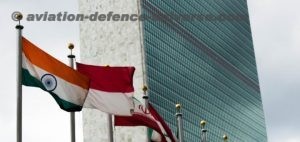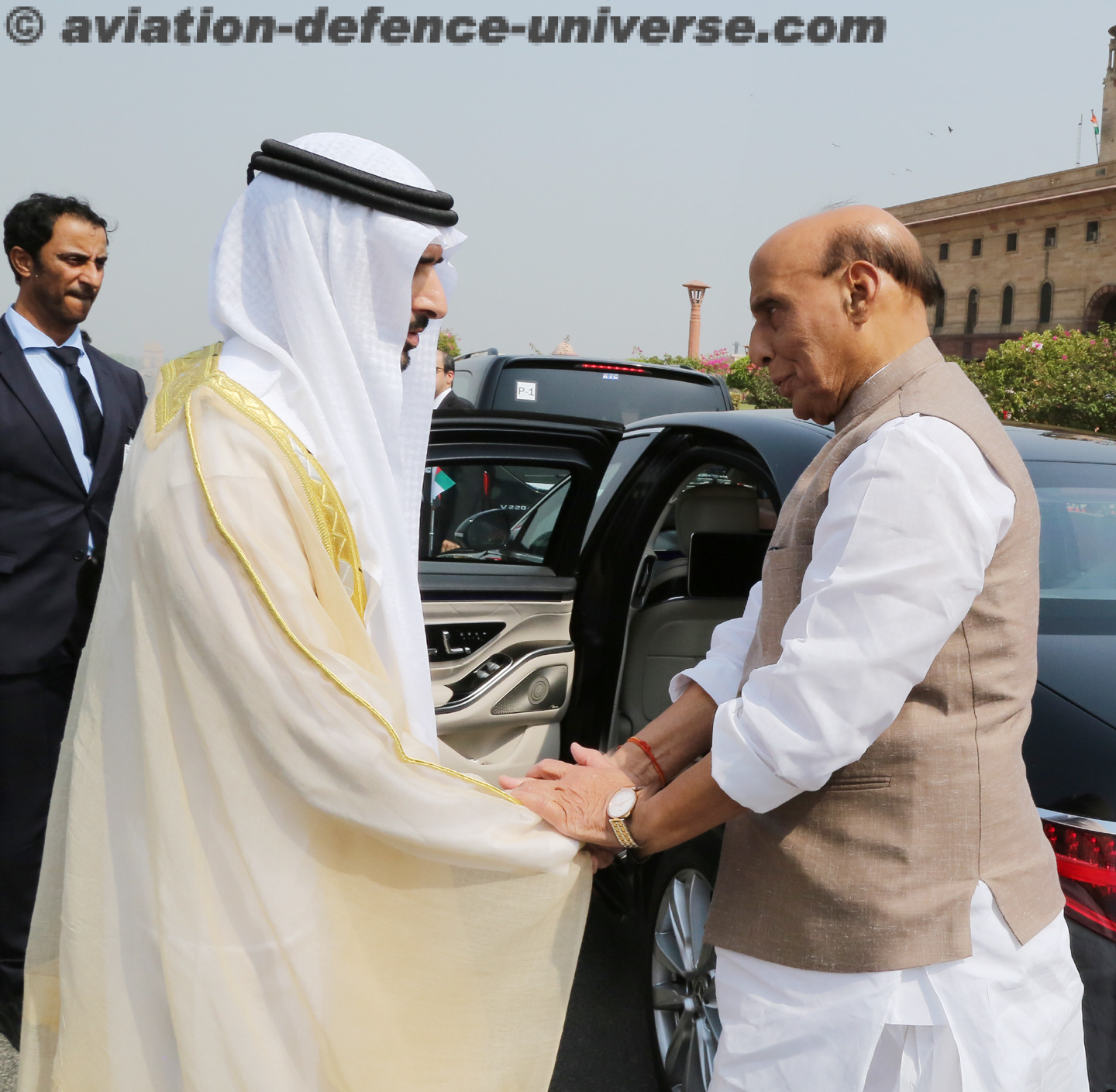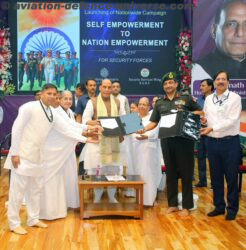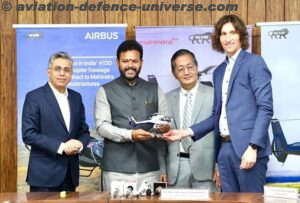- Ireland, Kenya, Mexico & Norway also become non-permanent members

New Delhi. 18 June 2020. India wins a seat as a non-permanent member in the United Nations Security Council for a two-year term. It was a secret ballot where India got 184 votes in the 193-member General Assembly. It has won the unanimous support of all countries in the 55-member Asia-Pacific Group for its bid. India one of the founding members of UNSC will re-enter the Council after a gap of 10 years.
It may be recalled that India has earlier been a non-permanent member of the Security Council in 1950-51, 1967-68, 1972-73, 1977-78, 1984-85, 1991-92 and 2011-12. Every year, the General Assembly elects five non-permanent members out of the total 10.
In accordance with rule 92 of the rules of procedure, the election is held by secret ballot and there are no nominations. Under rule 83 of the rules of procedure, the non-permanent members of the Security Council are elected by a two-thirds majority.
Some things which India will have to do as the Non Permanent Member of UNSC are increase its financial contribution to UNSC, create an international leadership on global issues like security, migrant movement, poverty and climate change, should work towards a rule based global order that can promote the sustainable development and ensure the welfare of people, act as a consensus builder and must lead the decisions and policies at council for problems of disarmament, terrorism, trade, and development.
India should take the lead in activating the UNSC’s Military Staff Committee (which was never set into motion following the UN’s inception) without which UNSC’s collective security and conflict-resolution roles will continue to remain limited.
For India the biggest hurdle will be its volatile neighbourhood. The leadership and diplomacy will have to understand that soft landings will only be a liability and not an asset. It will have to assert its power and authority to develop an enhanced role in South Asia, South China Sea, Indo-Pacific and Africa in addition to maintaining its current importance in the developed world and step ahead with a polycentric plan.




































































































































